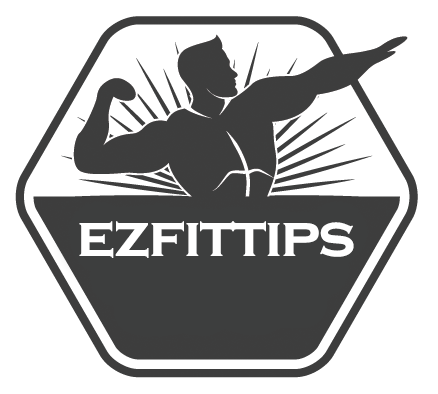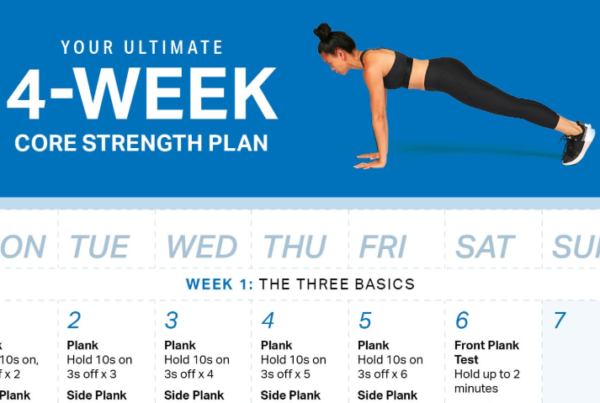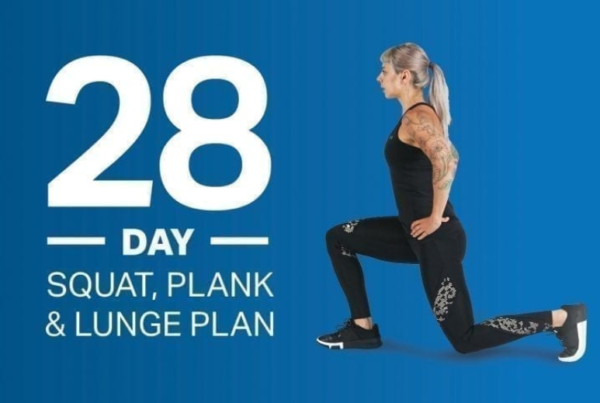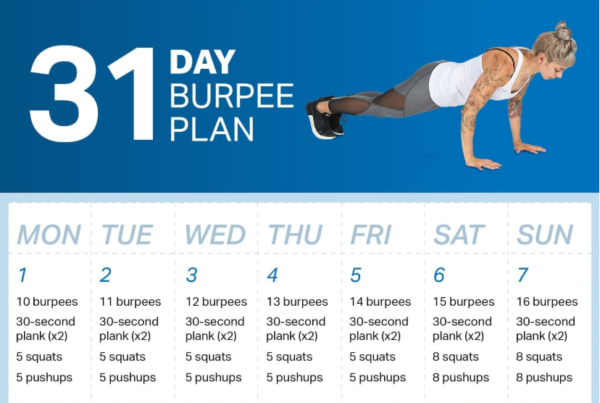Oh, the jump rope. Just thinking about it likely conjures memories of your elementary school playground or weekends on the cul-de-sac with your neighborhood friends.
But despite its childish stigma, a jump rope is a serious fitness tool that can yield impressive results. There’s a reason functional fitness gyms across the world are incorporating jump rope sets into prescribed workouts.
“It’s very effective at burning calories because of the fact that it can be used in interval-style workouts,” says Lee Boyce, a Toronto-based strength coach, writer, speaker and college professor. “You can have a very metabolic effect that can have you burning calories and fat while you rest (well after the workout is over) — that beats a lackluster jog any day of the week!”
The benefits of jumping rope don’t stop at torching mega calories. Not only does it improve your overall conditioning, but it also improves your aerobic capacity.
“This can have a positive impact on your load tolerance to load-bearing joints like the knees and ankles,” says Boyce. “That’s a very different capacity than traditional strength training provides and is important for connective tissue, especially for athletes.”
But when should you incorporate jump rope into your workout? It really comes down to personal preference and what your goal is for your workout.
“The sky is the limit as far as options go,” says Boyce. “You can incorporate [jump rope] into your warmup, as active rest between sets of a weight-training exercise or as a finisher to get a metabolic kick to end your workout.”
No matter if you’re a fitness veteran or somebody who’s trying to become more active, this two-week jump rope training plan will have you seeing results. Feel free to use by itself or to supplement your existing routine — all you need is a jump rope and a timer to get started.

- READ MORE: Jumping Rope: Childhood Game or Serious Workout?
Light-intensity jumping: This is the classic motion you’ve practiced since you were a kid. Give yourself plenty of space, grab each handle with one hand and start with the rope behind your heels. Using both hands simultaneously, flick the rope up over your head by using a circular wrist motion. As the rope continues down in front of you, jump up slightly and pull the rope through under your feet for a complete rotation. There’s no need to jump high – it’s all about a light jumping motion with just enough room for the rope to pass underneath. Keep a consistent cadence and try to maintain an efficient form, no matter how tired you get. Light-intensity jumping is slow, and you should be able to maintain a conversation. Keep your HR under 135 bpm.
Medium-intensity jumping: Use the same technique as listed above, but speed up slightly. You should be able to speak in short sentences. Keep your HR between 135–160 bpm.
High-intensity jumping: Use the same technique as listed above, but speed up significantly. At this point you will be fighting to maintain your form as time progresses and will likely not be able to hold a conversation. Keep your HR over 160 bpm.
Plank: Position yourself parallel to the ground, with your upper body resting on your forearms and your toes tucked. Keep a straight back, engage your core and look directly down at your forearms and wrists. If this is too difficult, feel free to drop your knees when needed.
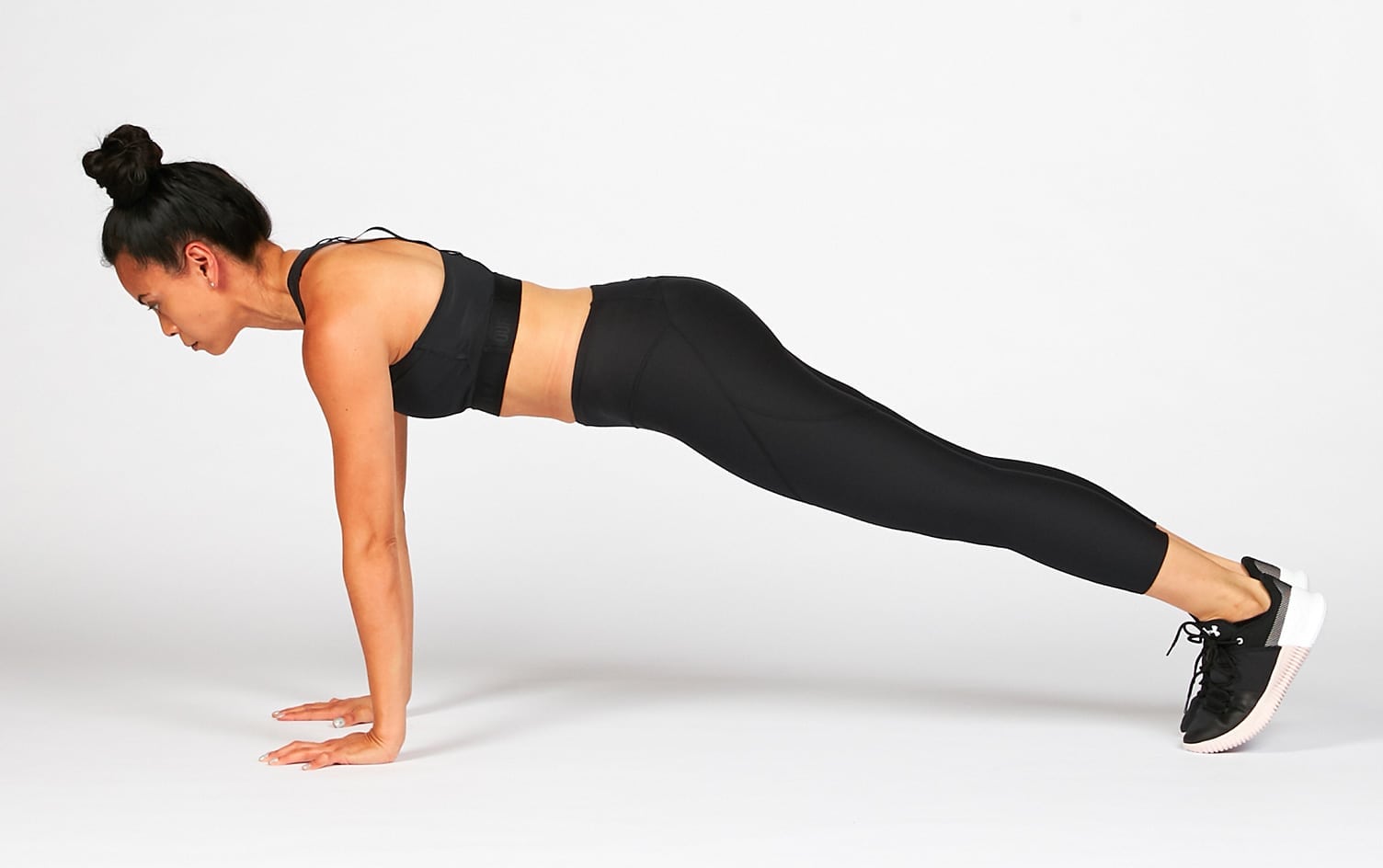
Pushup: Position yourself parallel to the ground, with your toes tucked and your hands about shoulder-width apart. Lower yourself down by bending your elbows to about 90 degrees, and push yourself back up. Don’t forget to keep a straight back with your hips in line with your spine. Just like a plank, feel free to drop your knees if the move becomes too difficult.
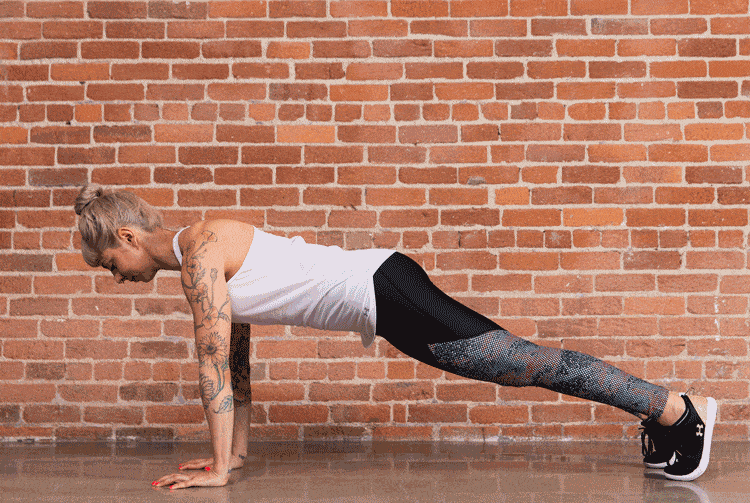
Situp: Sit on the ground with your knees bent and your back touching the ground. Cross your arms across your chest and slowly lift your torso up toward your knees. Lower down slowly and repeat. Find something to tuck your toes under to make it easier to balance the weight of your upper body.
